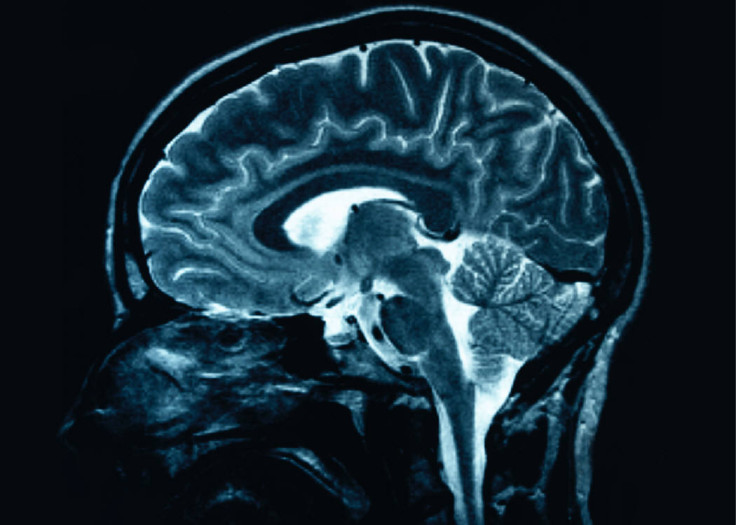Electric dreams: If we download our knowledge and neural connections to a computer will that be us?

Scientists believe it might not be so very far in the future when humans can download their memories and their knowledge into computers that process information the way minds do. But then what will those computers be? What will we be?
Randal Koene is a computational neuroscientist whose life goal is "nothing short of transferring himself — and the rest of humanity — to a computer," notes Motherboard.
"The mind is based on the brain, and the brain, like all biology, is a kind of machinery," Koene told Motherboard. "Which means we're talking about information processing in a machine."
Koene has had his dream since he was a child and frustrated that his brain didn't work fast enough and he knew he wouldn't live long enough to do all the things he wanted to do. So he dreamed of building a better brain, one that could be constantly updated and wouldn't face the limitations of biology — in other words, a computer. And now the rest of the world seems to be catching up to his dream.
After working in various labs Koene in 2010 began directing research at Halcyon Molecular, a biotech startup backed by PayPal cofounders Peter Thiel and Elon Musk, where he was soon joined by Ed Boyden, a computational neuroscientist at the Massachusetts Institute of Technology (MIT).
The operation was determined to map the activity of every single neuron in a mouse brain. Their work caught the attention of Washington and helped motivate the Obama administration's Brain Research through Advancing Innovative Neurotechnologies (BRAIN) Initiative that supports researchers building tools to map the activity of the 100 billion-or-so neurons in the human brain.
At about the same time the Human Brain Project was launching in Europe with over 100 partner research institutions to create supercomputer simulations incorporating what science knows about how the brain operates.
But Koene soon refocused on "functional recording" and formed CarbonCopies.org, an organisation of mind-uploading advocates. Instead of mapping the human brain's structure and functions, he is now developing the hardware that will presumably run uploaded minds. This involves working with the CM1K chip — a "neuromorphic" chips that's supposed to mimic the way the human brain processes information. According to Koene, CM1K, which features over a thousand synthetic neurons, is now being refined with the aim of "full brain emulation."
Koene believes within a decade scientists may have the ability to fully map and emulate the simple brain of a fly. After that, can doing the same for a human brain be so far away? But will that be enough for full brain emulation?
"I think uploading is possible, I just don't think those uploads will be the real us," Susan Schneider, a philosopher who studies the nature of the mind and consciousness, told Motherboard. "The beauty of our existence is we're not just processing information, we feel. Even though it looks to us that silicon is a terrific medium for computation, it nevertheless can't carry consciousness,"
Or can it?
© Copyright IBTimes 2025. All rights reserved.






















